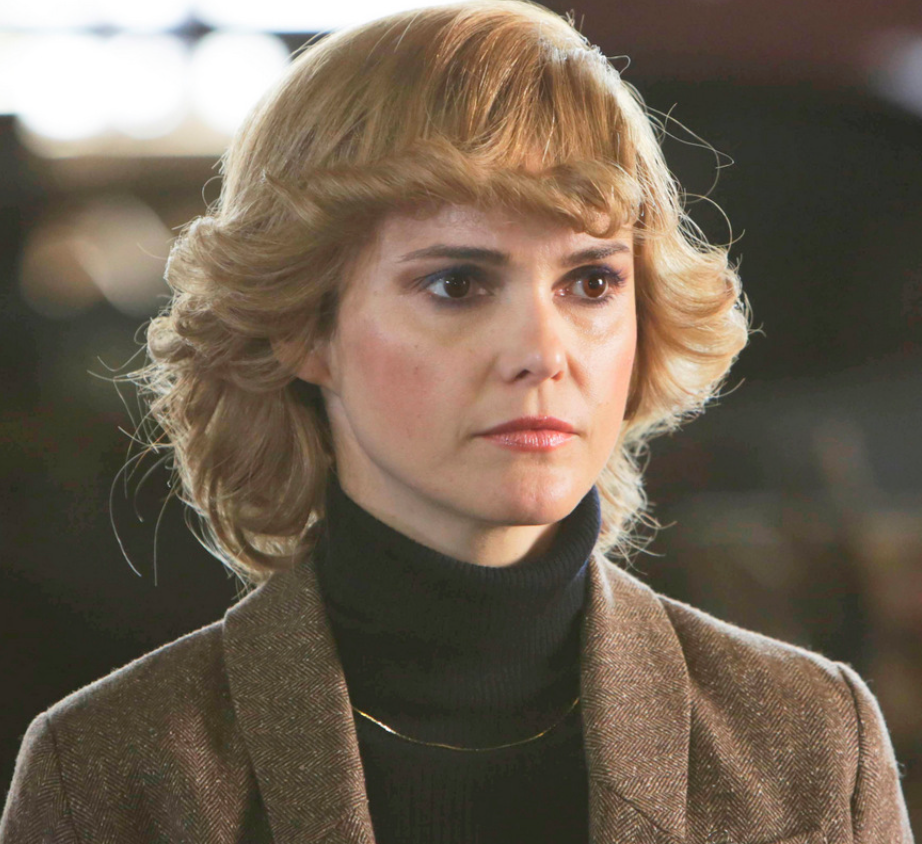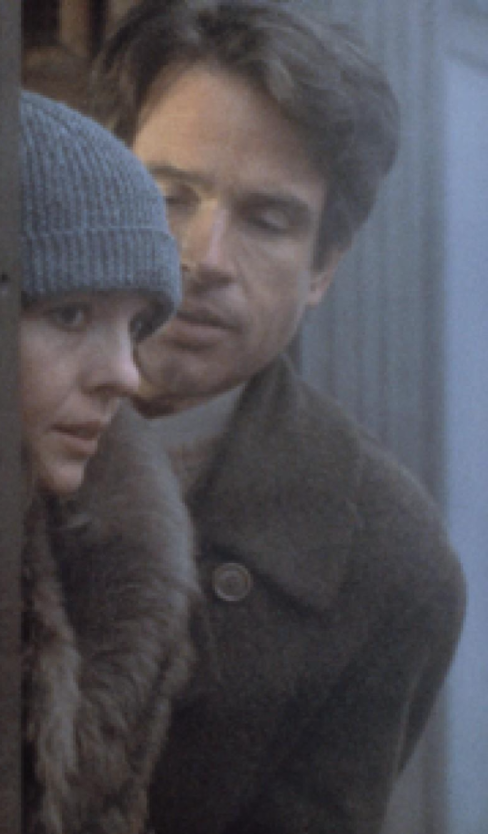 Though criminally under-watched, “The Americans,” about a pair of KGB spies (Keri Russell and Matthew Rhys) living as U.S. travel agents Elizabeth and Philip Jennings in Reagan-era Washington D.C., is one of television’s most brilliantly absorbing shows. Without revealing any details, its season finale was such a cliff-hanger that it is hard to believe we have to wait until next year for another episode. The best cure for our separation anxiety? Education. This FX series references so many 1980s geopolitical issues that it’s hard to keep up, especially when we’re distracted by Russell and Rhys’s spectacular array of wigs. So why not transform this hiatus into a Cold War immersion camp?
Though criminally under-watched, “The Americans,” about a pair of KGB spies (Keri Russell and Matthew Rhys) living as U.S. travel agents Elizabeth and Philip Jennings in Reagan-era Washington D.C., is one of television’s most brilliantly absorbing shows. Without revealing any details, its season finale was such a cliff-hanger that it is hard to believe we have to wait until next year for another episode. The best cure for our separation anxiety? Education. This FX series references so many 1980s geopolitical issues that it’s hard to keep up, especially when we’re distracted by Russell and Rhys’s spectacular array of wigs. So why not transform this hiatus into a Cold War immersion camp?
Reds (1981)
At roughly three and a half hours, this Warren Beatty-directed epic about communism in World War I was the last studio film to require an intermission. Starring Beatty, Diane Keaton, and Jack Nicholson as “red-shirt” American writers bonded by romantic and ideological ardor, it dances between Russia and the United States with an elephantine grace and an appropriately scarlet-hued cinematography. As glamorous as it is long-winded, this is the ultimate Hollywood primer in the roots of the two countries’ long-simmering antipathy.
The Lives of Others (2007)
Set in 1984 East Berlin, this psychologically and politically complex thriller paints a portrait of Communist-era Germany with a bottle-green palette and a Van Gogh level of longing and melancholy. Ulrich Mühe stars as a sad-sack surveillance expert spying on a playwright and his actress-lover in a noir-like love triangle that slyly conflates sexual and civil liberties. At its core, “The Americans” explores how our personal lives are shaped by the regimes under which we live; this elegantly brooding noir noses at the same territory with a glimpse into the Stasi, whose shadow looms large for the Jennings.
Charlie Wilson’s War (2007)
This Mike Nichols-directed, Aaron Sorkin-scripted adaptation of George Crile’s 2003 account of a Texas congressman’s covert dealings in Afghanistan explores how the U.S.-U.S.S.R conflict played out in the 1980s Middle East, a topic “The Americans” also tackled this season. Featuring droll performances from Tom Hanks, Julia Roberts, a young Emily Blunt, and–best of all–Philip Seymour Hoffman as a live-wire CIA agent, this jive-talking thriller is as shrewd as it is waggish.
Carla’s Song (2011)
In Season 2, “The Americans” focused on the CIA’s involvement in the Sandinista-Contra conflict, a subject few fully grasped even at the time. Radical Brit filmmaker Ken Loach’s fictional feature may be set as much in working-class Glasgow as in 1980s Nicaragua but it directly spears how the intelligence agencies of the U.S. government helped overturn the popular democracy of the Sandinista movement. Starring Robert Carlyle as a Scottish bus driver who follows his Nicaraguan crush back to her homeland, this doubles as a plainspoken love story and a crash course in that country’s CIA-financed, guerilla-driven civil war.
Tinker Tailor Soldier Spy (2011)
Tomas Alfredson’s adaptation of John le Carré’s novel about 1970s British secret agents (and double agents) is as dense and dark as its antecedent, and for the most part that’s a good thing. Gary Oldman stars as a washed-up MI6 man charged with ferreting out the mole in his ranks; his sleuthing walks us through the bureaucracy of Soviet, U.S., and U.K. spyworks–the labyrinthine institutions through which Philip and Elizabeth also tread. Shot in the same twilight that morally blinds its protagonist, this heavy-hearted opus underscores what the Jennings are still learning: more often than not, lives and even lands are lost in the maelstrom of office power struggles.
Salt (2010)
Remember when Anglina Jolie was an action star rather than a director with a capital D? Here she stars as an “illegal,” a KGB spy living as an American, who has been charged to assassinate the U.S. president. Though this film is hardly on the level of the others on this list, its depiction of her early training (I hesitate to say “brainwashing”)–as well as her emotional ambivalence–helps flesh out the backstory of Philip and Elizabeth. With nonstop pacing and an impressive montage of disguises, this film actually may scratch our “Americans” itch best while we await the show’s next season. Never underestimate the power of Angie’s pout.
This was originally published in Word and Film.
